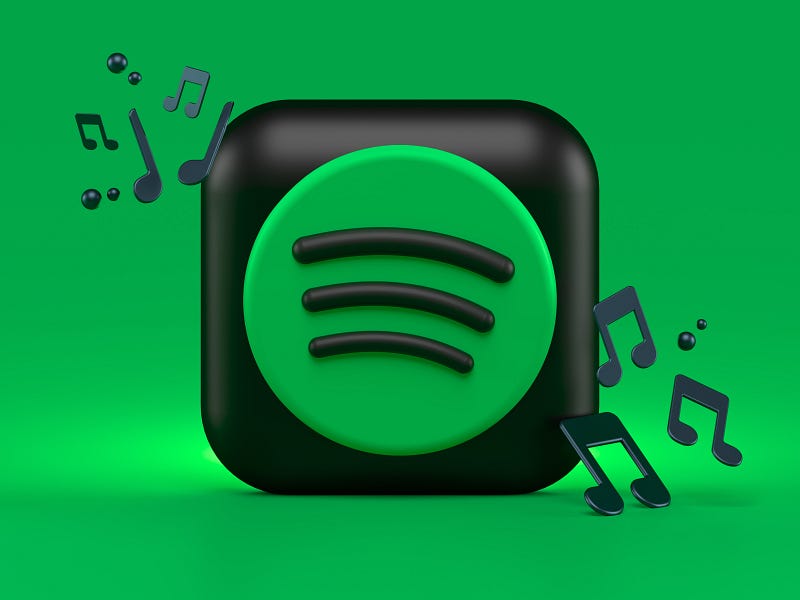How Spotify Understands You: The Introduction of Hey, Spotify Voice Assistant
Written on
Chapter 1: The Rise of Hey, Spotify
In today's digital age, voice assistants are revolutionizing how we interact with technology. Enter “Hey, Spotify,” a feature akin to Siri or Alexa, designed specifically for music lovers. For many, music serves as the backdrop to our lives, encapsulating moments of joy, sadness, and everything in between.
One of the most popular Spotify playlists? Likely the breakup playlist. We all have that one song that resonates with our past relationships, and for me, Ariana Grande’s "Thank U, Next" tops the list.

Chapter 2: Unveiling the Voice Assistant
Recently, tech blogger Jane Manchun Wong unveiled the arrival of a voice assistant within the Spotify app. As reported by TechCrunch, the “Hey, Spotify” feature is now being widely implemented across various devices.
When users receive a notification, they can simply enable their microphone and say, "Hey Spotify, play my favorite songs." This prompts a new voice interface, allowing users to make music requests hands-free.

Chapter 3: Privacy Considerations
With the introduction of "Hey, Spotify," questions arise regarding data collection. According to Spotify’s policy on voice functionality, when you engage with the voice feature, your voice inputs and other relevant data are transmitted to the platform. This includes audio recordings and transcripts of your requests.
What happens to this data? Spotify utilizes it to enhance voice recognition and to tailor responses based on your preferences. This information may also be shared with third-party service providers to improve functionality.
But rest assured, Spotify does not record conversations continuously. Voice data is only collected when users press an action button or say a wake word, with visual indicators to inform users when their input is being received.
Chapter 4: The Future of Voice Technology
The implementation of “Hey, Spotify” has significant implications, especially for drivers who can now control their music without taking their hands off the wheel. However, with convenience comes the question of privacy.
It's essential to understand that when using a free service, your data may be the price you pay. As artificial intelligence and machine learning evolve, Spotify will continue to refine its understanding of user preferences based on listening habits. This is how the platform personalizes experiences, like the Discovery Weekly feature that curates playlists based on your listening history.
In a world increasingly driven by voice technology, Spotify is positioning itself at the forefront. The rise of voice interactions marks a shift from written content to spoken language, and Spotify’s emphasis on podcasts and voice commands reflects this trend.
As I look ahead, I envision a future where Spotify not only plays my breakup songs but also provides a virtual shoulder to lean on during tough times. In moments of heartache, it could be Spotify that stands by me, whispering “Thank U, Next.”